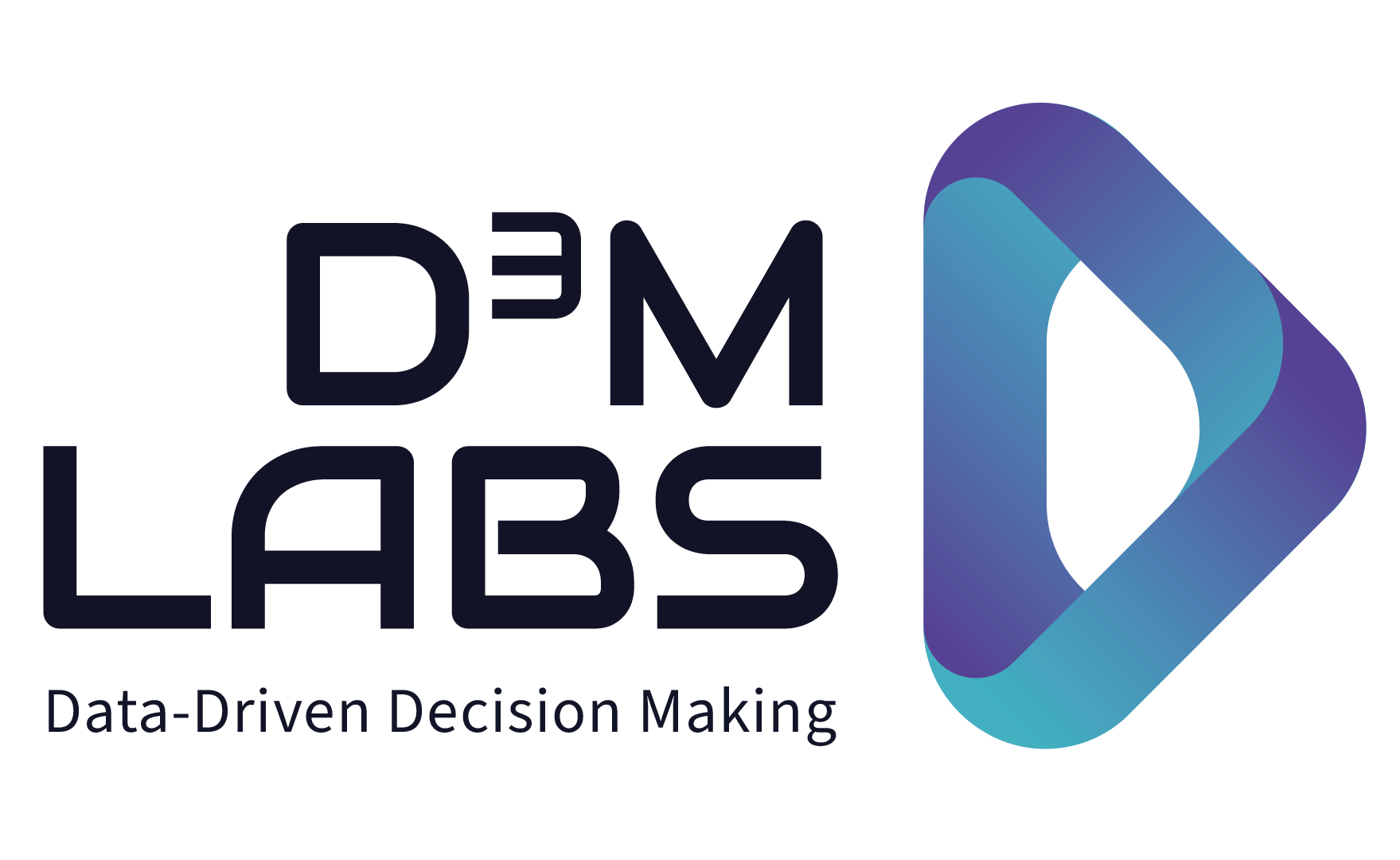Kategorie: Business
Data Leadership in Transition: Navigating Generative AI and Business Value
This year is a time of transition for many data leaders—at the intersection of Generative AI, economic shifts, and political change. Data Leader Divya Bokaria and Elizabeth Press (D3M Labs) explore how the world is evolving, while emphasizing that data leaders remain stewards of business value.🧩
Data leaders navigate complex, evolving value chains and translate insights into strategies, objectives, and processes. Technologies and workflows may change, but the core mission remains: turning data and complex technologies into measurable business outcomes, whether in formal leadership roles or beyond. The image was generated by ChatGPT
Gen X: How Surviving Economic Collapses Built the Ultimate Bounce-Back Generation
Resilience, grit, and reinvention forged through repeated crisis have given Gen X the unique skills to lead through today’s challenges—why a generation raised on uncertainty learned to adapt and lead. The picture was generated by ChatGPT.
From Hype to Hard Truth: Lessons in Data-Driven Innovation
In our latest video, Elizabeth Press speaks with Pier Martin, data leaders who’ve weathered Berlin’s decade of hype, hope, and hard lessons, about how organizations can turn data into real business value. Here’s what they shared.
Ensuring the Data Team’s Financial Viability, Beyond Cash Burn – An Interview with Timur Bokari
In his current role, Timur Bokari supports the growth of a FinTech in the Recurring Revenue Financing space by developing new customer segments and evolving strategy based on existing data. Timur talks to D3M Labs about the financial viability of data teams. He explains the financial and accounting mechanisms that are relevant to Data Leaders. Data team viability lies in the link between data availability and decision-making capability. Financial sustainability and job stability in data requires clearer correlations between data and revenue growth and cost reduction.
Die finanzielle Überlebensfähigkeit des Data Teams gewährleisten, über den Cash-Burn hinaus – Ein Interview mit Timur Bokari
In seiner aktuellen Position unterstützt Timur Bokari das Wachstum eines FinTechs im Bereich Recurring Revenue Financing durch die Erschließung neuer Kundensegmente und die Weiterentwicklung der Strategie auf Basis vorhandener Daten. Timur spricht mit D3M Labs über die finanzielle Nachhaltigkeit von Datenteams. Er erklärt die Finanz- und Buchhaltungsmechanismen, die für Data Leaders relevant sind. Die Überlebensfähigkeit von Datenteams liegt in der Verbindung zwischen Datenverfügbarkeit und Entscheidungsfähigkeit. Die finanzielle Nachhaltigkeit und Arbeitsplatzstabilität im Datenbereich erfordert klarere Korrelationen zwischen Daten und Umsatzwachstum und Kostensenkung.
Die nachhaltige Beschaffung von Datentools ist dringend erforderlich,Teil 1: Coole Tools und Data Teams auf dem Boulevard der zerbrochenen Träume
Coole Tools sind oft die heiße Hookup des Data Leaders (oder Stakeholders), um am nächsten Morgen mit den Klamotten von gestern in einer kalten Gasse zu landen. Coole Tools werden gekauft, installiert, ausprobiert und für den nächsten vielversprechenden Anbieter aufgegeben. Und das bedroht ernsthaft die finanzielle und operative Überlebensfähigkeit des Data Teams. Warum sind Data Tools so verführerisch?
Wie können wir verhindern, dass die Beschaffung zu einem Boulevard der geplatzten Träume und nicht realisierten Projekte wird?
Sustainable data tool purchasing, Part 1: Cool tools on the Boulevard of Broken Dreams
Cool tools are often the Data Leader’s (or stakeholder’s) hot tech hookup, ending up in a cold alley with yesterday’s clothes the morning after. Cool tools get purchased, installed, tried out and abandoned for the next promising vendor. And it’s seriously threatening data teams‘ financial and operational viability.
Why are data tools so seductive?
How can we prevent procurement from ending up in a boulevard of broken dreams and unrealized projects?
How can analytics become a revenue generating function?
The first Decision Lab Round Table covered the topic of how to make Analytics a revenue-generating function. We had a cross functional discussion involving data professionals, as well as adjacent professions who are working in Europe and the USA. This blog covers the discussion points, as well as D3M Labs commentary about how analytics should be a business function.
Wie kann Analytik zu einer Umsatz generierenden Abteilung werden?
Der erste Decision Lab Round Table befasste sich mit dem Thema, wie man die Analytik zu einer Umsatz generierenden Abteilung machen kann. Wir hatten eine funktionsübergreifende Diskussion unter Beteiligung von Datenexperten und benachbarten Berufsgruppen, die in Europa und den USA arbeiten. Dieser Blog enthält die Diskussionspunkte sowie einen Kommentar von D3M Labs dazu, wie Analytik eine Geschäftsfunktion sein sollte.
Data is about business- an interview with Tristan J Burns
The Future of the Analyst, Part 3: Data is about business, strategy and revenue generation. Tristan J Burns shares his transition from banking to being a data leader. Tristan details how he sees the role of a data leader encompassing EQ (emotional intelligence) and enabling the data team to drive strategy and data-driven decision making. The interview also includes how data leaders should be measured and which C-Suite roles they should fill.








